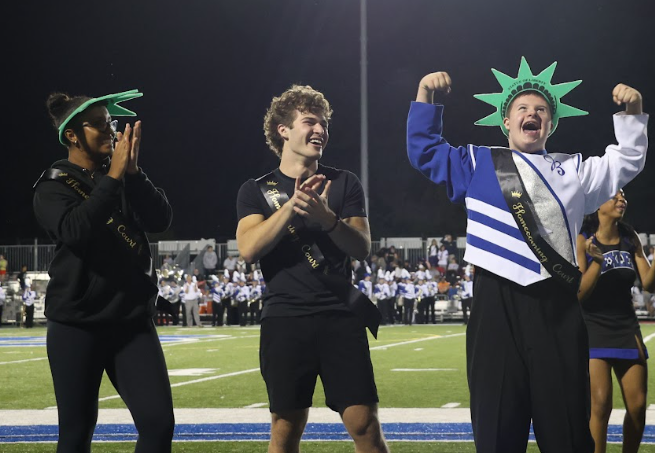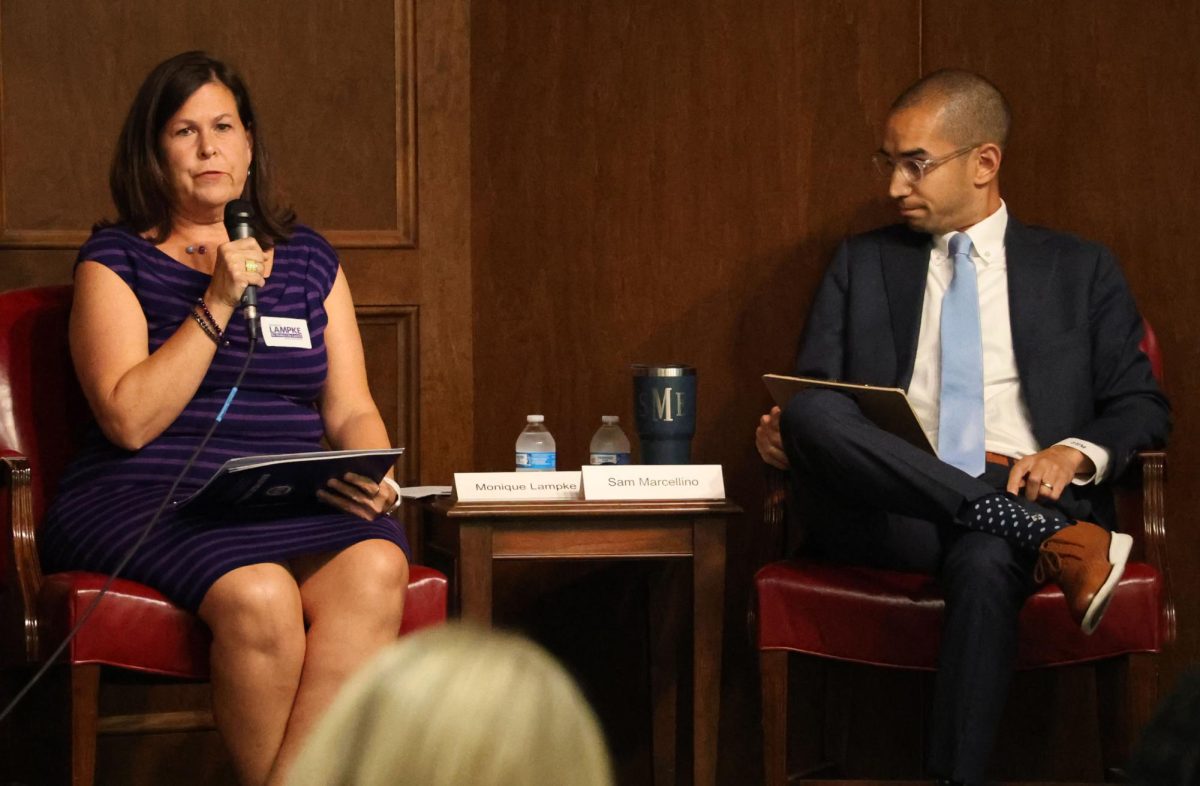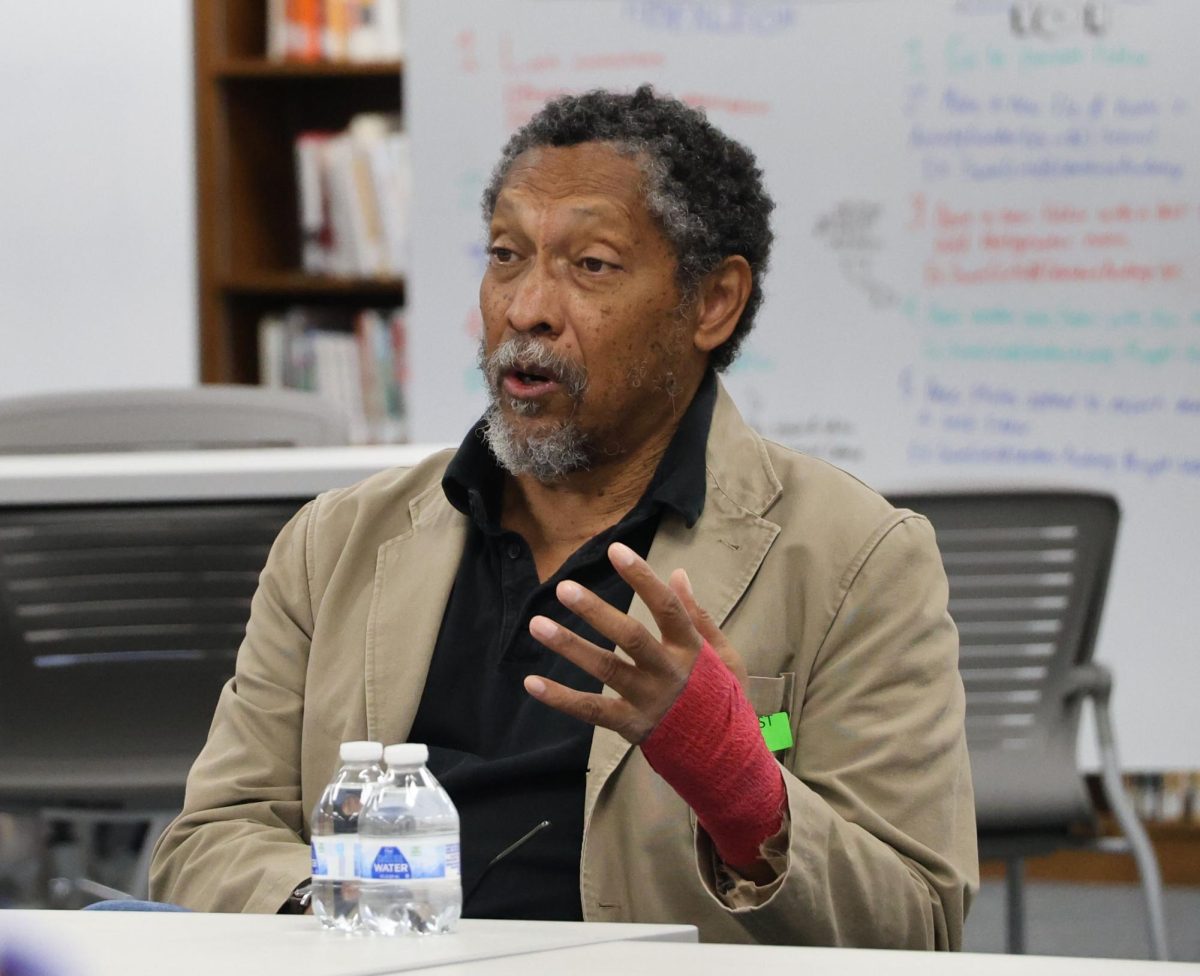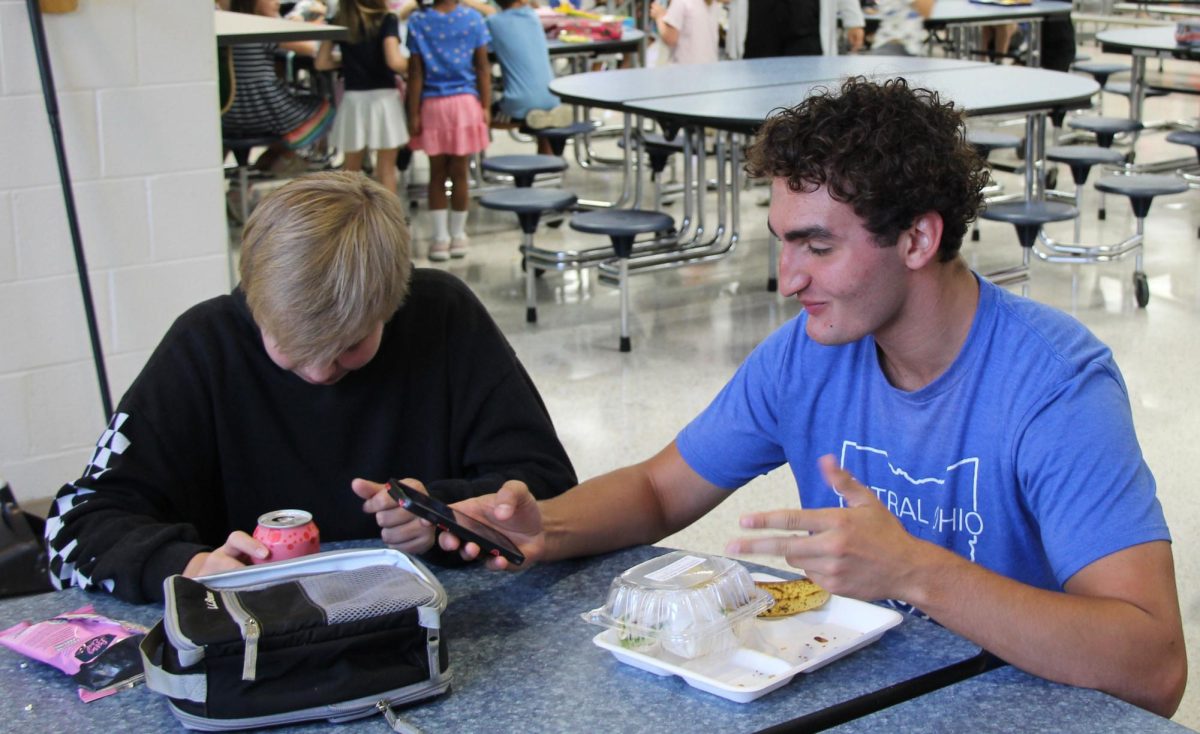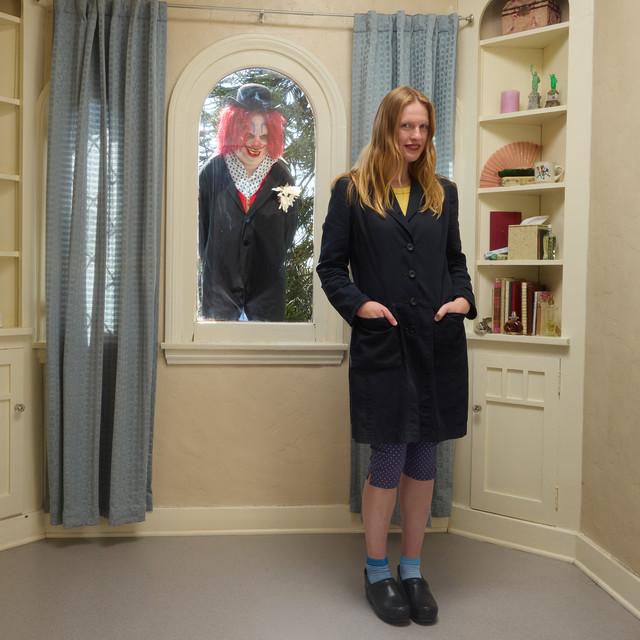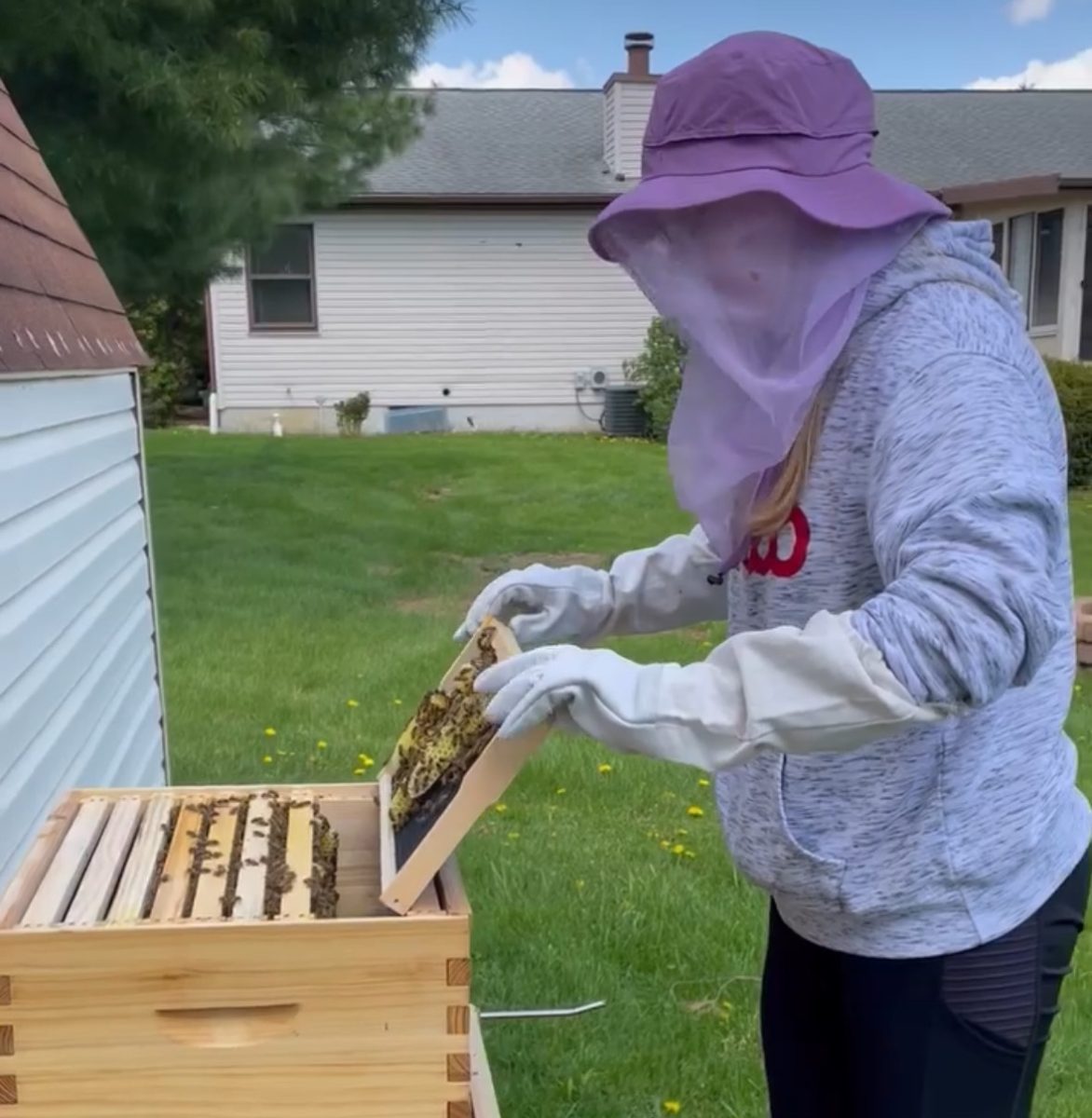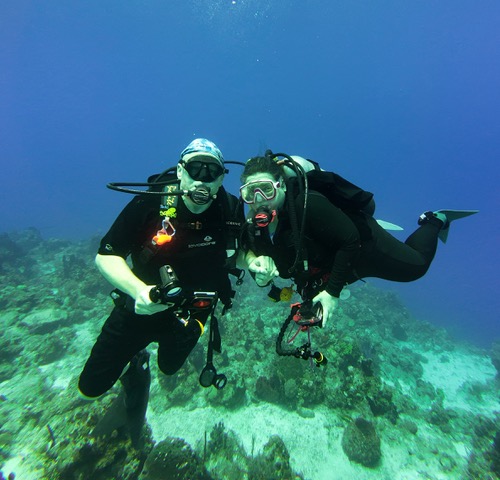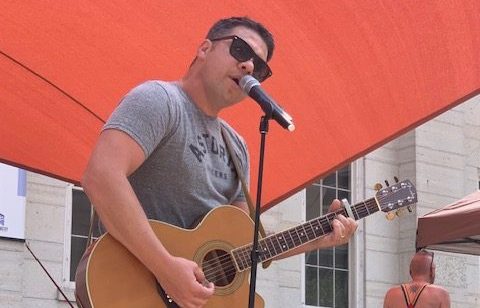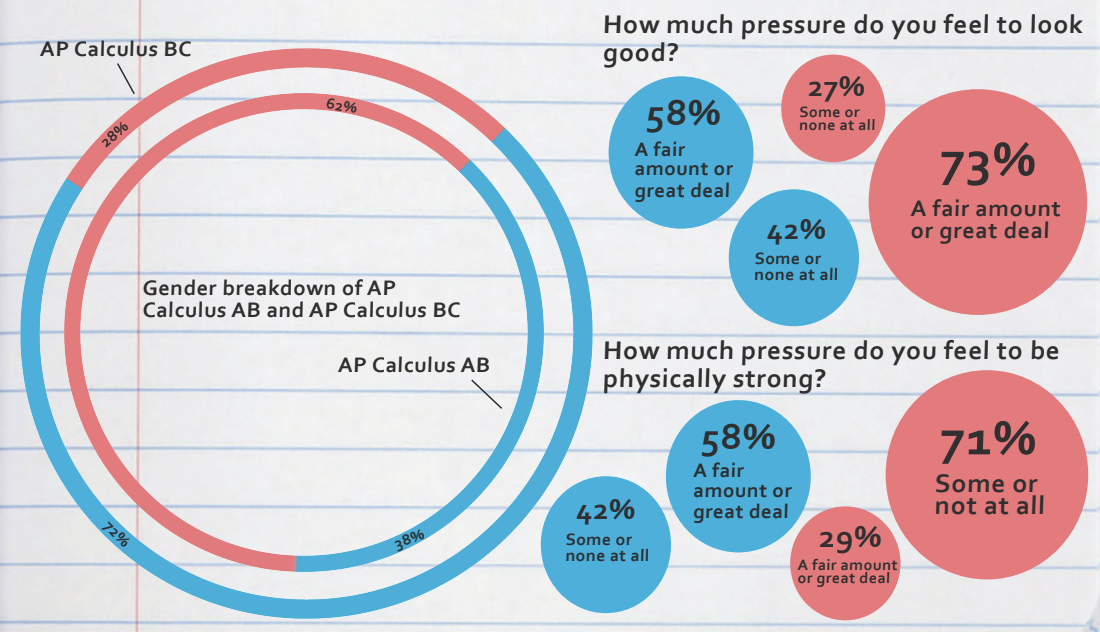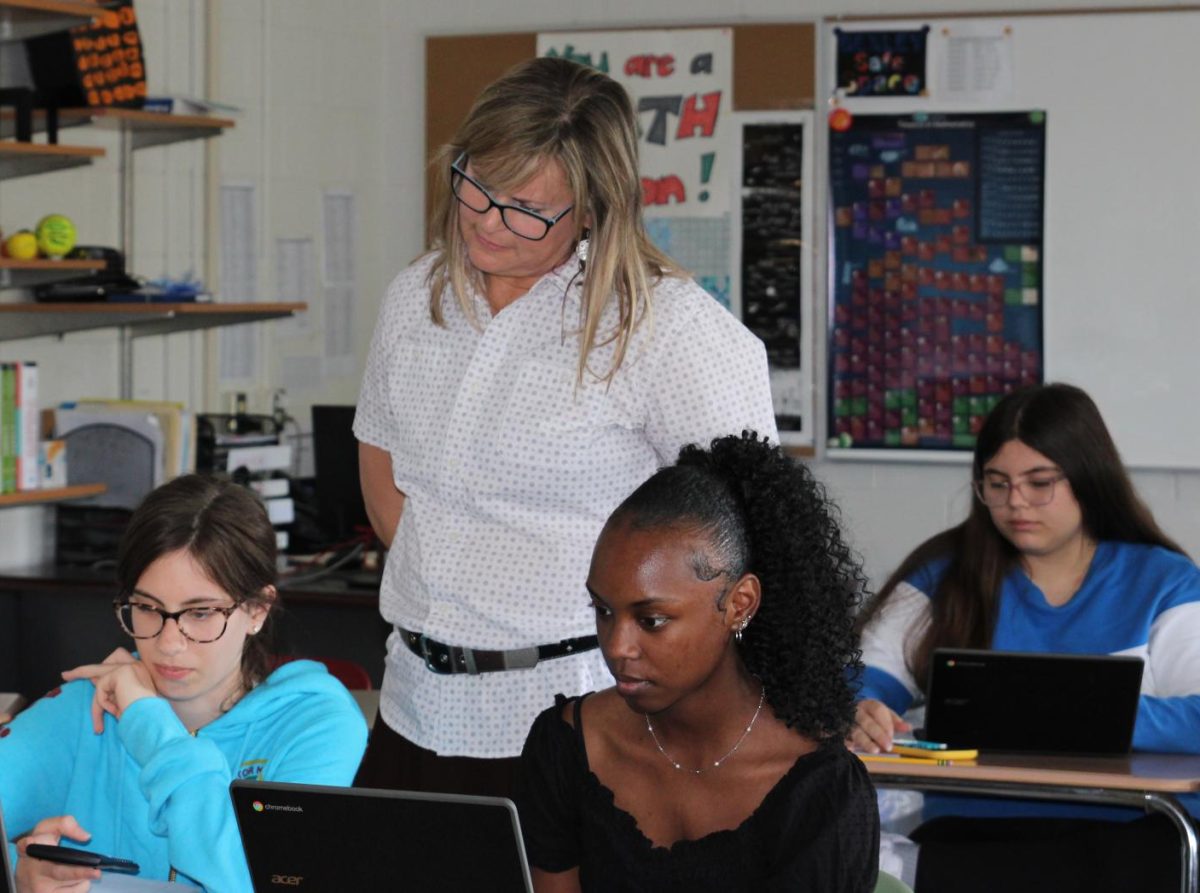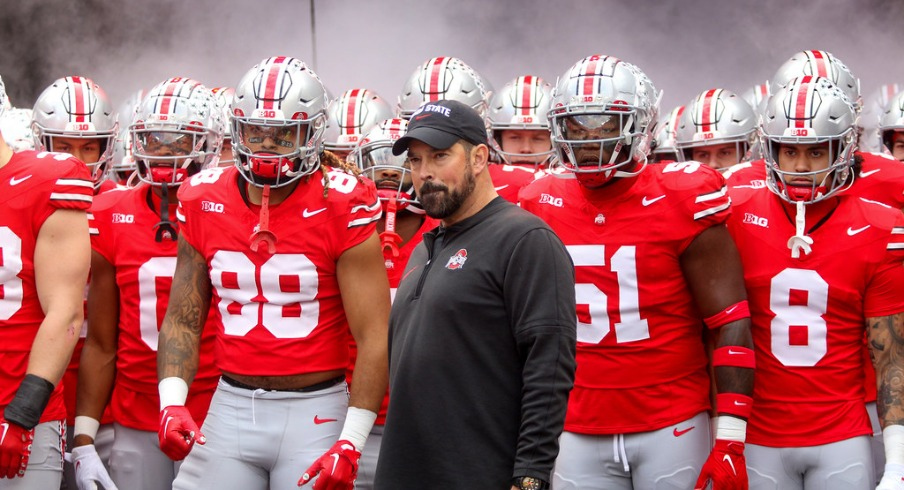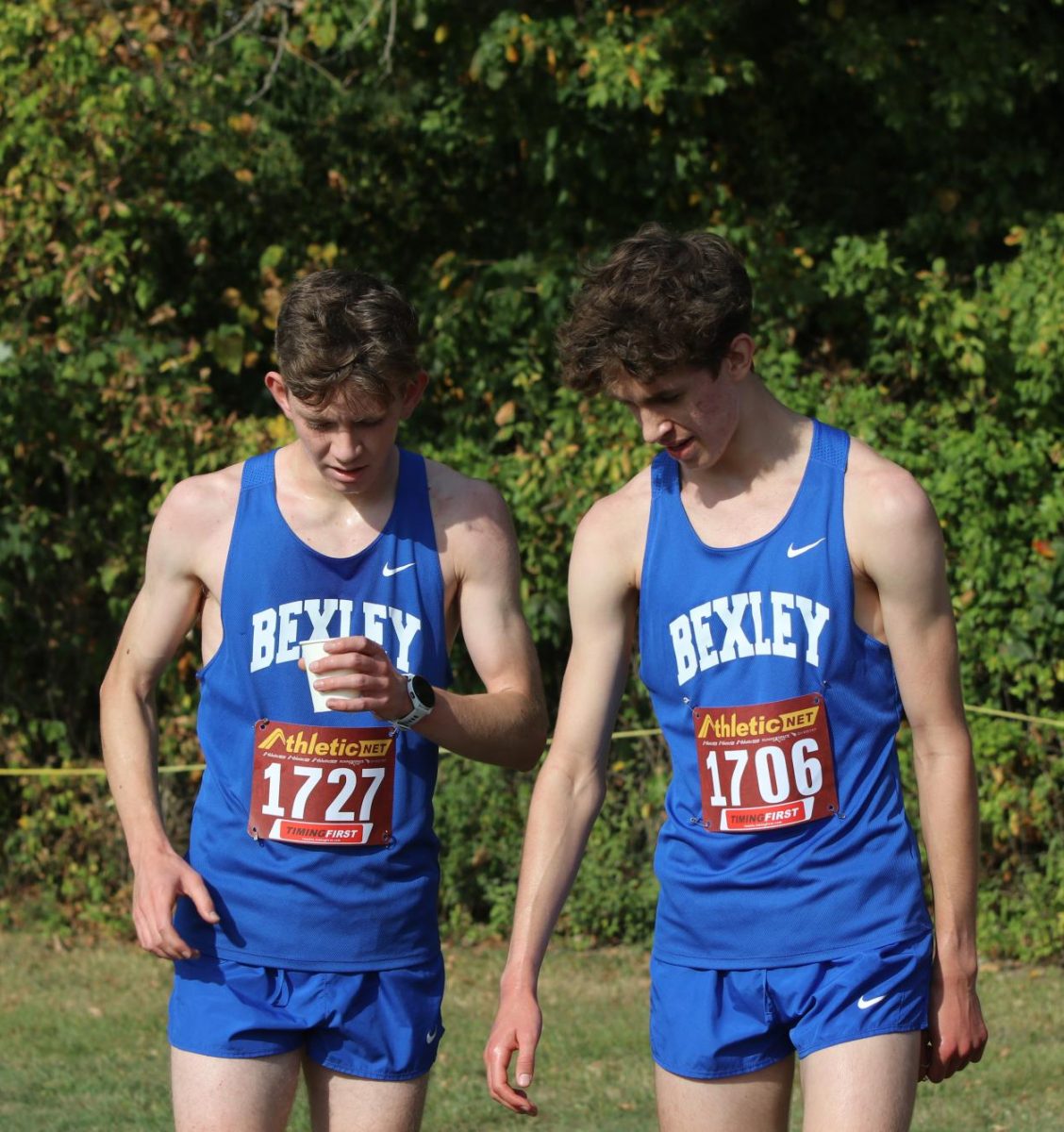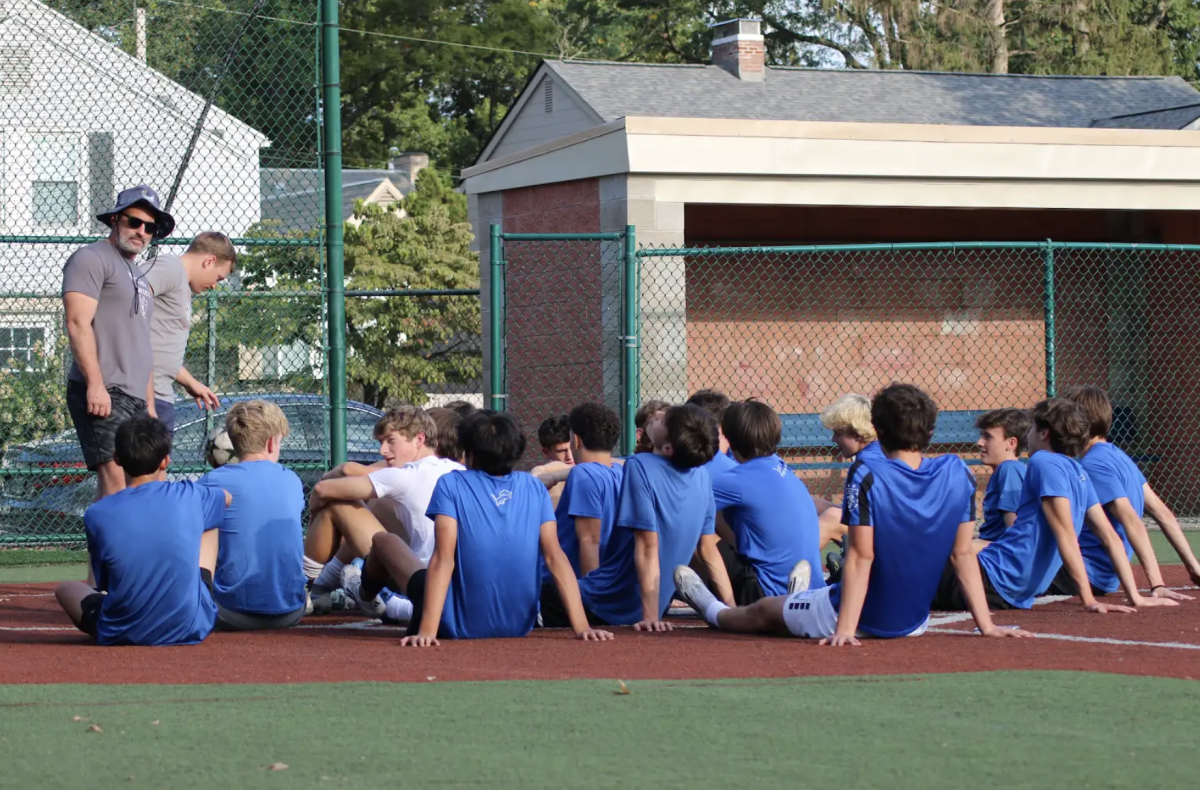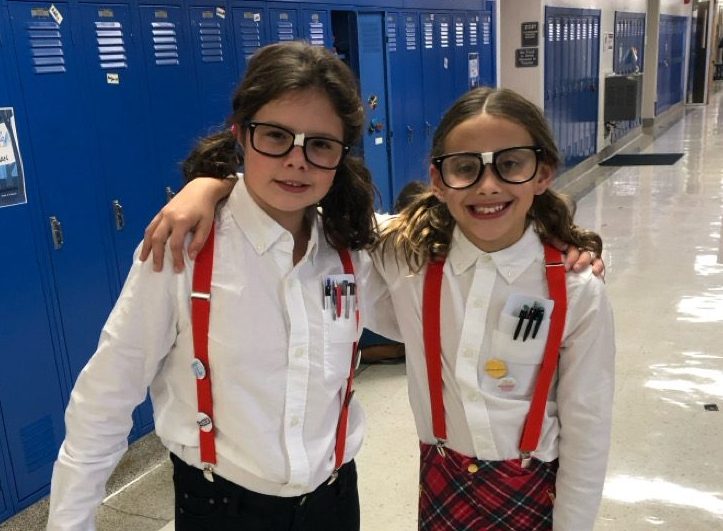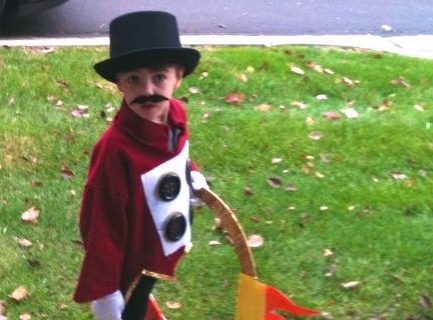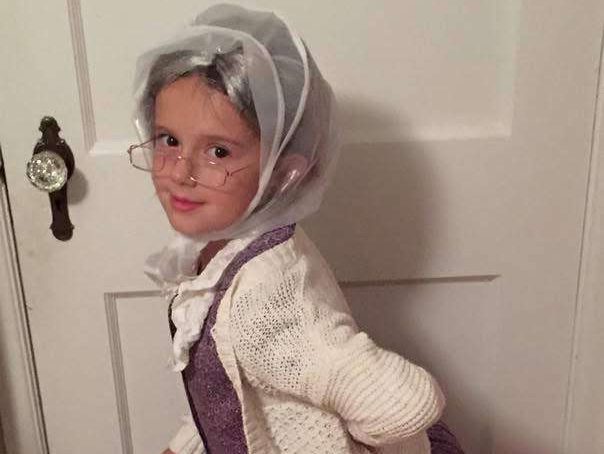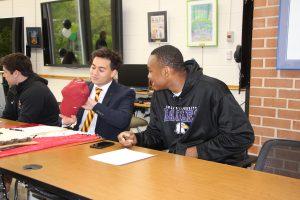
(Photo by Gabrielle Cabanes)
From driving to tournaments early in the morning to attending sports camps out of state, every aspiring college athlete makes sacrifices. Committing to a college for athletics is a long process, requiring years of hard work and dedication. College sports give students a chance to pursue their dreams and even the potential opportunity to play professionally. At the high school, a number of juniors and seniors have committed to various schools to pursue the sport they love after high school.
Senior and Oberlin College soccer commit Louis Berger said that committing to a school is a strenuous process full of resumes, film, showcases and tournaments.
“I started the summer of eighth grade getting experience by going to camps where coaches will come watch you play,” he said. “I went to showcases where I ended up getting an offer from Oberlin.”
Berger added that he had to send many highlight tapes to schools along with a resume to Oberlin, and he described the whole process as stressful and complicated.
Senior and Ashland University basketball signee Chris Mitchell said that he had a similar experience when committing.
“The commitment process was long and tedious, definitely not the highlight of everything,” Mitchell explained. “There was a lot of paperwork and technicalities, but I definitely think after getting through it, it was all worth it.”
Some schools also require their recruits to have a certain ACT or SAT score. Junior Mikayla Williams, who is committed to the United States Naval Academy for lacrosse, explained that she was recommended to get at least a 26 on the ACT. However, she said the school is more lenient with athletes’ test scores.
Mitchell said that it was important to maintain a high GPA despite not having to submit an ACT score to his college. This was not only for college but for himself, explaining that he has always considered academics to be extremely important.
Senior and Stevenson University beach and indoor volleyball commit Giulia Viglietta said that COVID-19 significantly impacted her recruitment process.
“I was lucky enough to not play a spring sport when COVID-19 hit and have my season canceled, but the majority of my club volleyball was cut off,” she said. “That is the year you want to be getting the most film out for coaches, and because of COVID-19 it was harder to reach out and send in enough film.”
Berger said that his soccer experience led him to major in political science at Oberlin in the hopes of helping people have better housing access and assisting immigrants.
“I was lucky enough to be in a soccer club that gave a lot of scholarship money to African immigrants, and I got to meet a lot of kids from all over the place, like Somalia, Ethiopia and Kenya,” Berger explained.
Viglietta said that her sport also affected her academic path, adding that volleyball has led her to want to study nutrition and the body.
“I’ve always had an interest in how the body works and exercise science growing up, and I think that I’ve had that interest because of sports,” she said.
The most important factor in committing is the athletes’ love for their sport, Williams said. She explained that she wanted to commit so she could go to school doing something that she loves and wants to continue to pursue.
“I am really excited to be able to continue to play lacrosse and I think it is a great opportunity,” Williams said.

